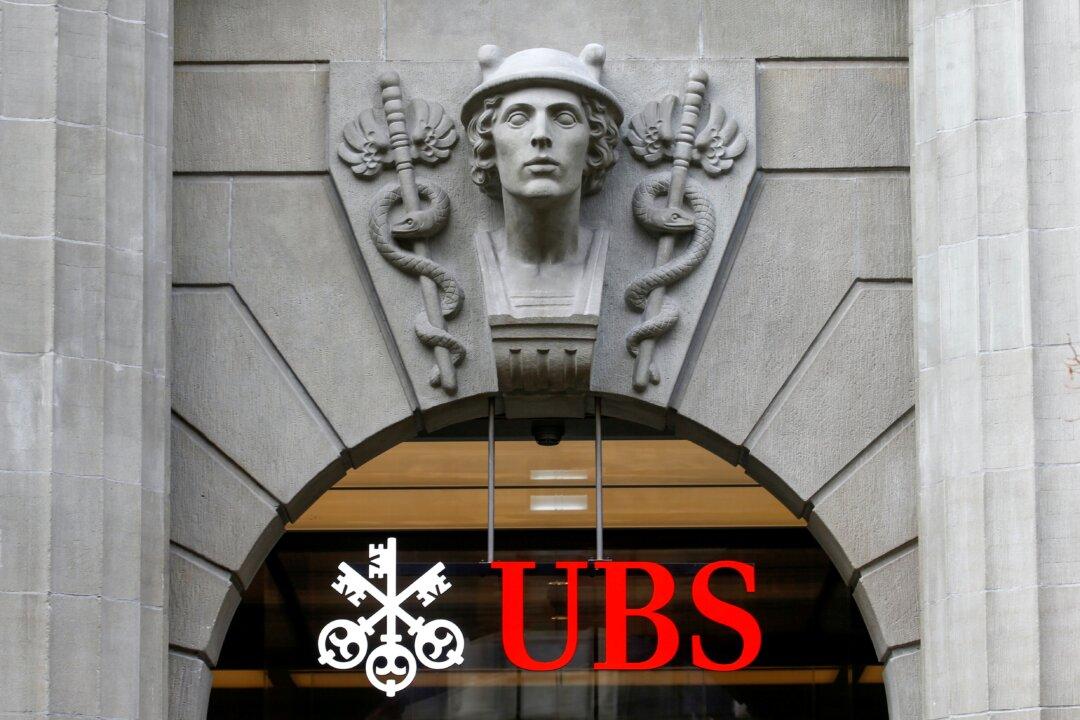Switzerland’s biggest bank UBS said that it was unable to carry out a comprehensive assessment of the assets and liabilities of Credit Suisse as it was pushed by regulators to take over its beleaguered rival in a rushed rescue to stem financial contagion and prevent a systemic meltdown.
UBS said in May 16 regulatory filings with the Securities and Exchange Commission (SEC) that it had just several days to carry out complex due diligence on Credit Suisse before agreeing to purchase the collapsing bank in March.





